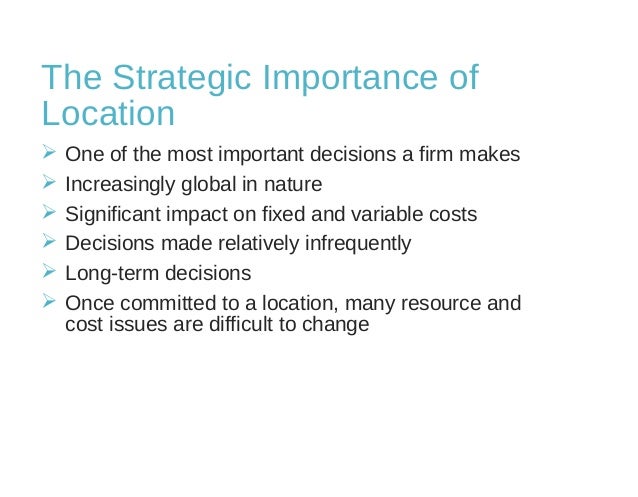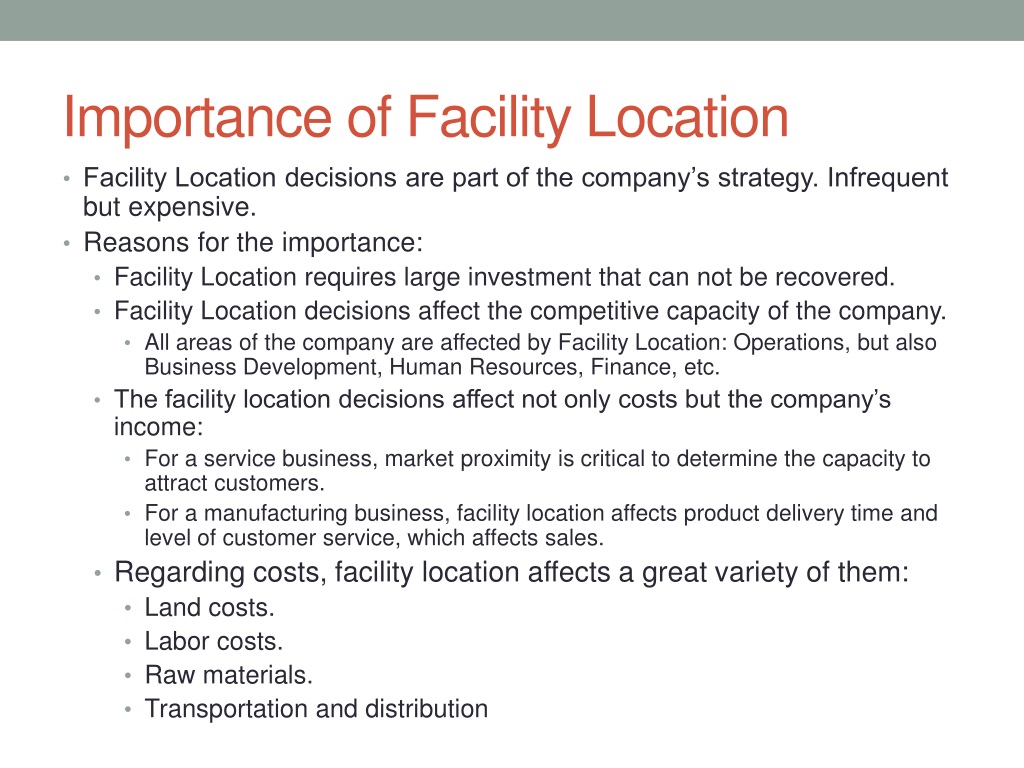Location Is Not Important For A Business

Breaking: Traditional brick-and-mortar supremacy is crumbling. Digital transformation and remote work are redefining business success, proving location is no longer king.
This paradigm shift impacts everything from startups to established corporations, forcing a reassessment of operational strategies and investment priorities. The digital marketplace demands agility and accessibility, not prime real estate.
The Rise of the Location-Agnostic Enterprise
The COVID-19 pandemic accelerated the shift. Businesses were forced to adapt, embracing remote work and digital solutions to survive. This rapid adoption proved that productivity and profitability are not tied to a physical office.
According to a 2023 Statista report, 74% of companies plan to permanently shift to more remote work after the pandemic. This monumental change highlights the declining importance of traditional office locations.
E-commerce Dominance
E-commerce giants like Amazon and Shopify have demonstrated the power of reaching global markets without needing extensive physical storefronts. Their success relies on efficient logistics, targeted marketing, and user-friendly online platforms.
Small businesses are also leveraging e-commerce to bypass geographical limitations. A study by BigCommerce found that businesses selling online experience revenue growth 28% higher than those relying solely on brick-and-mortar stores.
The Power of Remote Work
Remote work arrangements are not just a pandemic trend; they are becoming a permanent fixture in the modern workplace. Companies benefit from reduced overhead costs, access to a wider talent pool, and increased employee satisfaction.
Research from Global Workplace Analytics indicates that companies can save an average of $11,000 per year per employee by allowing them to work remotely. This cost savings can be reinvested in technology, marketing, and other growth initiatives.
The Cloud and Digital Infrastructure
Cloud computing and robust digital infrastructure are the backbone of location-independent businesses. These technologies enable seamless communication, collaboration, and data management from anywhere in the world.
Businesses are increasingly adopting cloud-based solutions for everything from customer relationship management (CRM) to enterprise resource planning (ERP). This allows them to operate efficiently and scale quickly without the constraints of physical infrastructure.
Challenges and Considerations
While location may be less important, businesses still need to address certain challenges. These include maintaining company culture, ensuring data security, and managing remote teams effectively.
Building a strong virtual team requires clear communication channels, regular check-ins, and a focus on employee well-being. Companies must also invest in cybersecurity measures to protect sensitive data from online threats.
However, these challenges are outweighed by the benefits of location independence. Companies can tap into global talent pools, reduce overhead costs, and adapt quickly to changing market conditions.
Next Steps
Businesses must prioritize digital transformation and embrace remote-first strategies to stay competitive. They need to invest in technology, build strong virtual teams, and focus on creating a positive online customer experience.
The future of business is location-agnostic. The companies that adapt quickly and effectively will be the ones that thrive in the new digital landscape.
Expect ongoing developments in remote work technologies and e-commerce strategies. Stay informed and be prepared to adapt your business model accordingly.


















